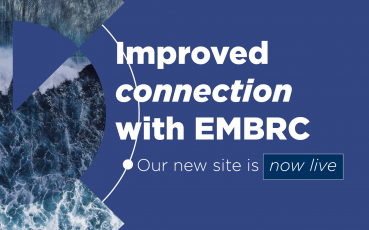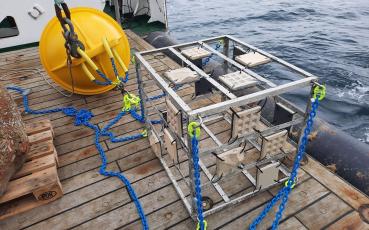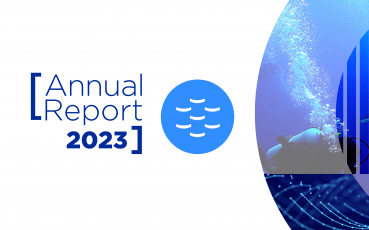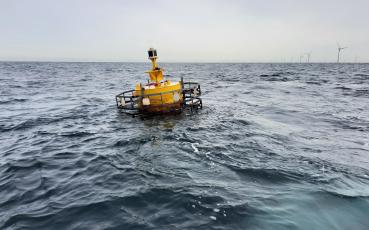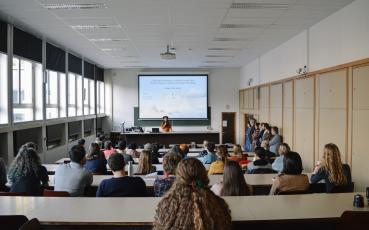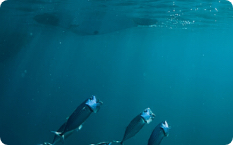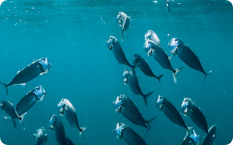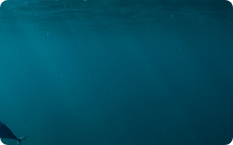The PhD research of Thomas Kerkhove, which was successfully defended in February 2020, was centred around the sustainable exploitation of marine resources. More specifically, the research focussed on the fishery for the Atlantic seabob shrimp Xiphopenaeus kroyeri in the Guianan Ecoregion (Guyana, Suriname, French Guiana) in South America, where this species constitutes the most important shrimp resource for both artisanal and industrial fisheries. Concerns about the sustainability of the fishery in the Guianan Ecoregion, especially in Suriname and Guyana, have led to a joint strategy taken by the artisanal and industrial fishery, NGOs, academic researchers and the government. Important steps towards sustainability in the fishery have been taken, and the efforts have been rewarded with a certification of the Marine Stewardship Council (MSC) ecolabel. However, important knowledge gaps remained to be answered in order to further improve the sustainability of the fishery in line with an Ecosystem Approach to Fisheries (EAF).
The PhD project investigated the seabob fishery in a two-pronged approach to answer several of the knowledge gaps related to genetic aspects of the target species and the ecological context of the fishery. In the genetic pillar, two main objectives were identified: (1) analysis of the phylogeny of Xiphopenaeus in the Guianan Ecoregion and beyond and (2) assessment of the population structure of X. kroyeri in the Guianan Ecoregion. Likewise, the ecological pillar had two main objectives: (1) study of the life cycle of X. kroyeri, with an emphasis on coastal habitats and (2) investigation of the trophic ecology of X. kroyeri in the coastal ecosystem of the Guianan Ecoregion. Both for the genetic pillar and the ecological pillar, EMBRC infrastructure was used, including the molecular platform (CeMoFe), and for grain size and fatty acid analyses.
The outcomes of the genetic pillar showed the presence of cryptic species in the region, and that X. kroyeri sensu stricto forms a single genetic population in the Guianan Ecoregion. This is new information which has to be taken into account in the sustainable management of the species. Furthermore, the ecological pillar stressed the importance of the coastal mangrove-mudflat ecosystem for larval and juvenile stages of the species, clearly pinpointing the need for the protection of these habitats. Overall, this PhD research delivered new, exciting information for the improvement of the sustainable fishery of the Atlantic seabob shrimp in the Guianan Ecoregion.










